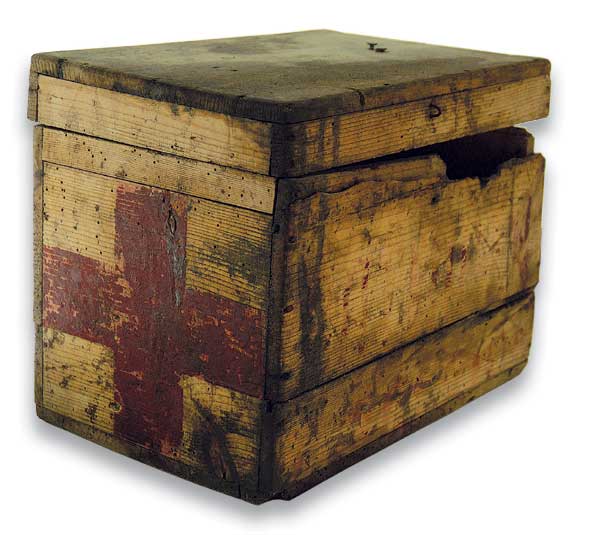“Saviour sibling” will always be considered as a therapeutic remedy for his older brother or sister
Saviour siblings new term. Just when the controversy over the production of “medicine babies” seems to have almost passed — since the establishment of umbilical cord blood banks can meet virtually any need for transplant of haematopoeitic material — the prestigious Journal of Medical Ethics has dedicated a special issue (Vol. 41, 2015) to what they call “saviour siblings” (See HERE).
The first thing that stands out is the semantics of the topic, replacing the term “medicine babies” with “saviour siblings”, which from the beginning implies a bias towards considering the production of these children as ethically acceptable.
The debate centres on assessing the benefits of producing these children, whether they benefit the family as a whole, without considering the risks for the child produced, especially in relation to his or her objectification. This is a child who is not born as a direct result of the love of its parents, but as a product to benefit a third party, albeit in this case a sibling.
While considered to a degree, the risks of preimplantation genetic diagnosis for the embryo are not taken fully into account and, above all, no assessment is made of what it means to destroy the non-“useful” embryos. Pure eugenics. It is remarkable that English-language scientific literature rarely takes into account the number of embryos lost in these practices, which are always discarded siblings of the child requiring the transplant.
Another aspect not considered is the feeling of dependence upon the child produced that can be created in the sick sibling, since the “saviour sibling” will always be considered as a therapeutic remedy for his older brother or sister.
In summary, as mentioned at the start, this is an ethical debate that in our opinion is stillborn, since the use of “medicine babies” can be advantageously replaced by the umbilical cord blood stored in the corresponding banks.
It must also be taken into account that since the production of “medicine babies” was legally approved in Spain, of the more than 70 cases submitted for approval, only 5 of these children have been born. Does this not indicate that this practice has been superseded?
http://www.observatoriobioetica.org/categoria/bioethics-news











